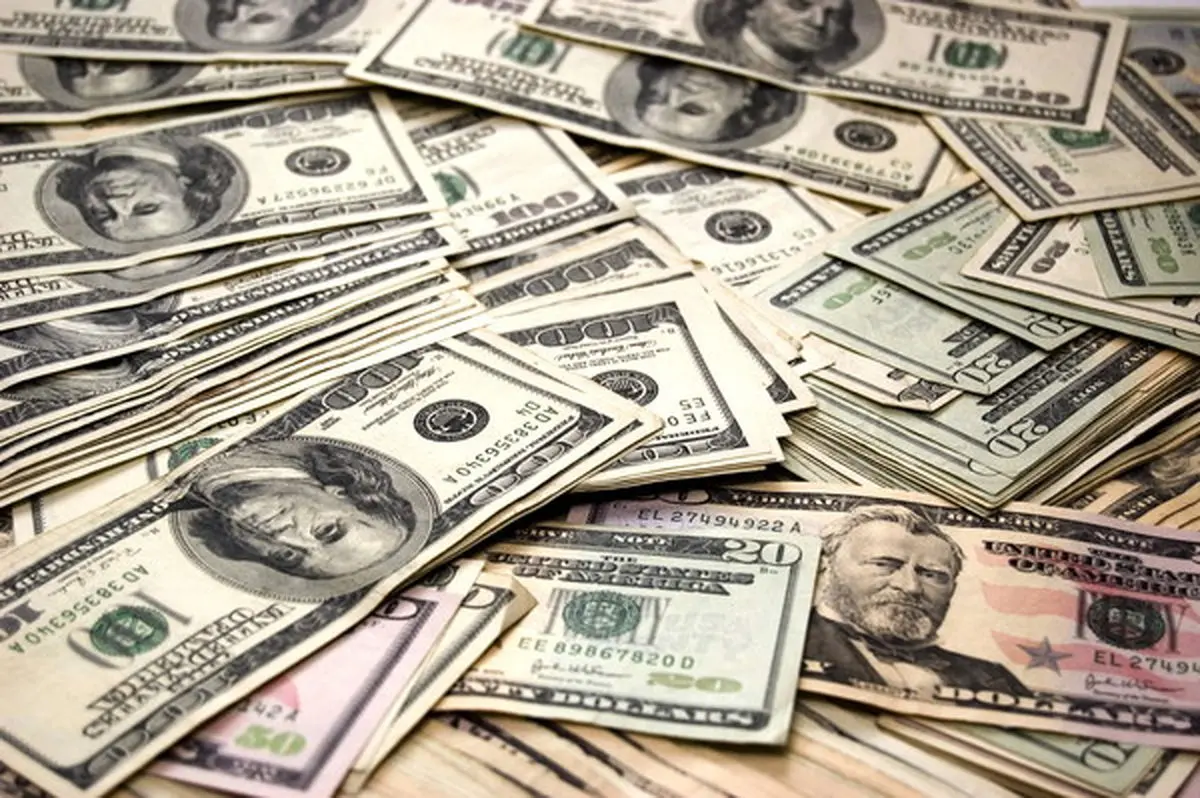China blames U.S. for staggering trade surplus as tariffs loom

China blamed U.S. export restrictions for its record trade surplus with the United States, but expressed hope that a solution can be found to settle trade issues between the world’s two biggest economies as U.S. tariffs loom. China blamed U.S. export restrictions for its record trade surplus with the United States, but expressed hope that a solution can be found to settle trade issues between the world’s two biggest economies as U.S. tariffs loom.
Beijing was bracing on Thursday for an announcement from U.S. President Donald Trump of tariffs of as much as $60 billion on Chinese imports, raising fears that the two countries could be sliding towards a trade war.
The tariffs will be imposed under Section 301 of the 1974 U.S. Trade Act, focusing on Chinese high-tech goods. Trump says Beijing has forced U.S. firms to transfer their intellectual property to China as a cost of doing business there.
Washington is also pressing China to reduce its staggering $375 billion trade surplus with the United States by $100 billion.
Chinese Foreign Ministry spokeswoman Hua Chunying said it was unfair to throw around criticism about unfair trade if the United States won’t sell to China what it wants to buy, referring to U.S. export controls on some high-tech products.
“How many soybeans should China buy that are equal to one Boeing aircraft? Or, if China buys a certain number of Boeing aircraft should the U.S. buy an equal number of C919s?” Hua said, mentioning China’s new self-developed passenger jet.
However, China still hopes it can hold constructive talks with the United States in a spirit of mutual respect to seek a win-win solution, she added.
U.S. agricultural exports to China stood at $19.6 billion last year, with soybean shipments accounting for $12.4 billion. Chinese penalties on U.S. soybeans will especially hurt Iowa, the state that backed Trump in the 2016 presidential elections and is home to U.S. Ambassador to China Terry Branstad.
Some Americans believe that China can’t find a substitute for U.S. soybeans, but that’s an “arrogant and naive” idea, China’s Global Times said in an editorial on Thursday.
The widely read state-run tabloid is run by the ruling Communist Party’s official People’s Daily, though its stance does not necessarily equate with Chinese government policy.
Boeing (BA.N) jets have also been often cited as a potential target by China, which has been developing the C919 as part of its civil aerospace ambitions.
The U.S. plane manufacturer, which has the biggest market share in China, said last year it expects China to buy more than 7,000 Boeing jets worth $1.1 trillion over the 20 years to 2036.
END
